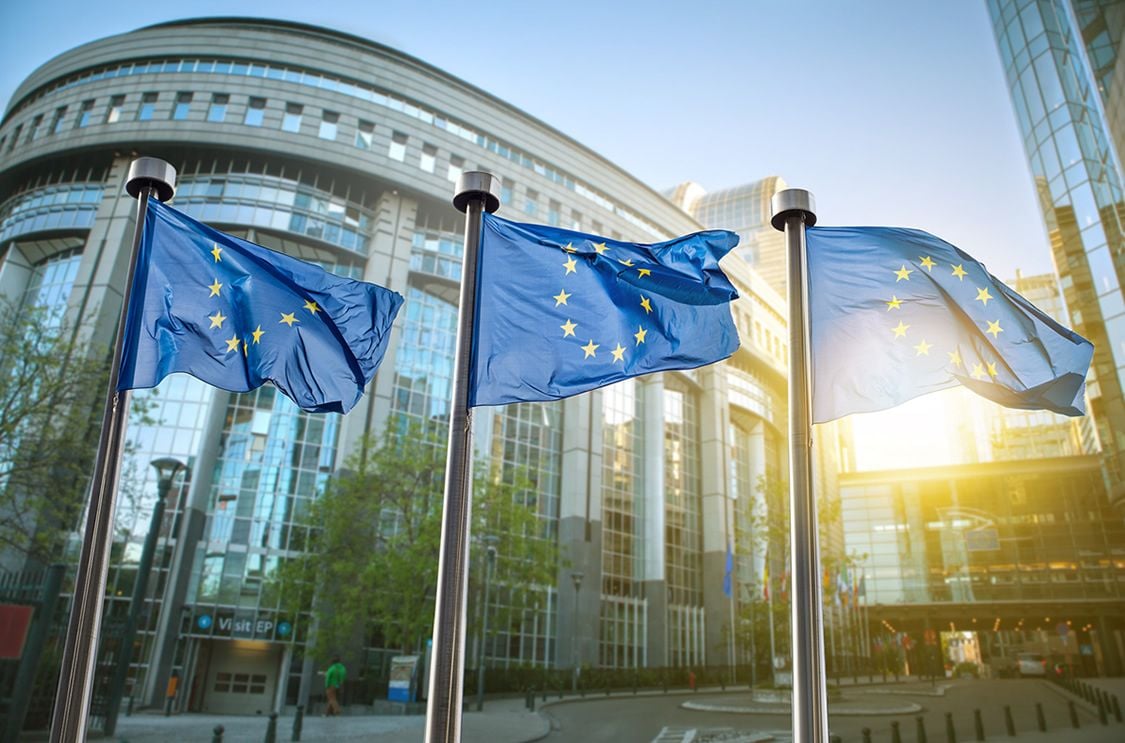Euro is Week's 2nd Best-Performer as ECB Minutes show the Taps will Soon be Turned Off

The Euro strengthened across the board following the release of the minutes of the European Central Bank's monthly policy meeting, held in Talinn in early June which confirmed suspicions policy-makers are looking at ending the current period of 'easy money' in the Eurozone.
The single currency is this week's second-best-performing major with comparitive data showing a 0.56% gain on the Pound. However, against the Dollar the currency is more or less at break-even and Friday's US employment data release should decide who comes out on top. Details on what to look for can be found here.
Driving the Euro forward are signs the ECB's policy-makers are increasingly confident that the measures they have taken over recent years to boost the Eurozone economy are working and markets believe their assessment of current conditions point to a winding-down of their quantitative easing programme.
The ECB minutes, "alluded to the proposition of a tapering of bond buying in the near future, by removing a pledge to boost their bond-buying programme if necessary," notes Joshua Mahony, a financial analyst with IG in London.
The Euro has risen through 2017 as traders anticipate the ECB will exit its programme of stimulating the Eurozone economy, and today's minutes confirm their call was right.
"Looking ahead, the economic expansion in the euro area was expected to continue to firm and broaden, as reflected in the June 2017 Eurosystem staff projections, which embodied upward revisions for 2018 and 2019," read the minutes which struck an upbeat tone on the economy.
Importantly, risks to the outlook are diminishing:
"Concerning risks to the euro area growth outlook, members agreed that risks to activity had become broadly balanced, in line with the assessment provided by Mr Praet in his introduction. The view was expressed that downside risks identified in previous monetary policy meetings had remained broadly unchanged, or had decreased slightly."
But Euro-buyers liked what was said on inflation:
"The downward revisions to underlying inflation should not be overstated... potential for upside surprises are now higher."
The reaction by currency markets has been unambiguous:
"News that Mario Draghi and co. discussed dropping the ‘easing bias’ (i.e. references to expanding or extending its bond-buying programme) from last month’s policy message has been gleefully gobbled up by the hawk-hungry Euro.
It would appear the ECB is confident it will achieve its aim of ensuring inflation is sustained towards the 2% target in the near-future and as such the bank's balance sheet can now be reduced.
A shrinking balance sheet makes for a stronger Euro.
Shrink the Balance Sheet
The Euro has been one of the best-performing global currencies in 2017 thanks to market bets that the ECB will start withdrawing its quantitative easing programme in 2017.
This should ensure the Bank’s gargantuan balance sheet stops growing, and will start falling.
Typically, a growing balance sheet is negative for a currency while a shrinking balance sheet is positive. At its most basic level its simply a question of supply and demand.
However there are signs that the ECB is a little uncomfortable with how quickly the Euro exchange rate complex and bond yields have risen lately and might want to push back against this trend.
But, Euro's Strength Questionable in Short-Term
The Euro rose strongly after the ECB’s President Mario Draghi told a conference of central bankers in Portugal that the economy and inflation were heading in the right direction.
This was taken as a hint we should start getting for higher interest rates and the end of quantitative easing in the Eurozone.
However, there remains some scepticism about whether or not the ECB will deliver any more fodder.
Reports have already come through that Draghi’s speech was misinterpreted; a sign that the ECB is petrified of the higher bond yields and stronger exchange rate that followed Draghi’s speech.
This week the ECB's Benoit Coeure told us that no policy stance changes had yet been discussed.
Those wanting a stronger Euro against the Pound and Dollar should simply manage expectations over coming weeks as they might not get what they want for a few months yet.
Analysts at ING Bank N.V expect the ECB to play it cool at this month's meeting (20 July), starting to work on the exit plan in September, and formally announcing the start of QE tapering in December.
Patience must therefore be exercised.
“We suspect that markets may be slightly front-running this schedule, but note that some EUR pairs have partly corrected from last week's overshot levels,” says Patel.
This correction should aid that recovery we are expecting in the Pound to Euro exchange rate.
ING meanwhile holds a “mildly bearish EUR/$ bias, with risks of the 1.1320 support area being breached.”





